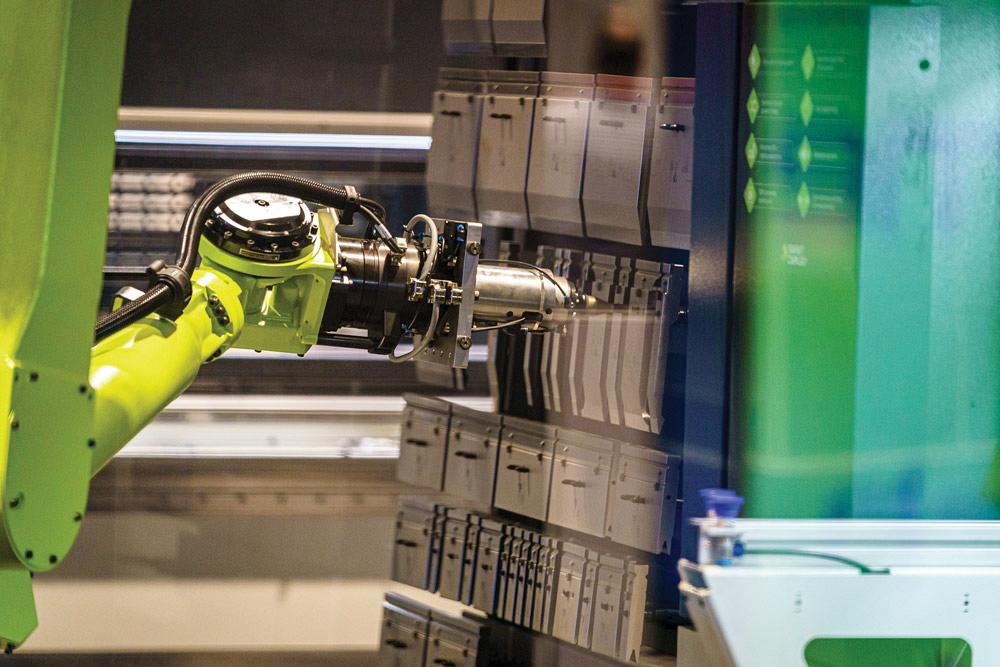When the doors to McCormick Place opened in mid-September to host the first FABTECH in two years, an earnest energy permeated the place. The show had few tire kickers. People needed machines and software, yesterday, and many were there to buy.
A number of attendees I spoke with said they had a need for automation to keep them competitive in their niche markets.
No doubt many of the other 24,000 attendees felt the same way. The industry is in a state of urgency that was particularly palpable at the show. The industry lacks people—skilled, semi-skilled, unskilled, it doesn’t matter. To grow, fabricators have no choice but to turn to technology. They’re uncovering new machines, new software, new ways to connect shop systems and processes, and new strategies to build a company culture to make the most out of what technology can offer.
The Dangers of a Shallow Talent Pool
Technology at its best lifts a workforce. Sales per employee rises. As employees learn more and accomplish more, they make more money as they climb the career ladder. Automation in the hands of the curious and creative can lead to great things.
At its worst, technology helps make the unskilled, uninterested, and unengaged marginally productive, at least for a while. Even those who appreciate the technology might find themselves in a dead-end career if they’re never given the right training to grasp the whole picture of metal fabrication, the foundational elements that the shop hands of old had no choice but to learn. They didn’t have software and automation to lean on. A high-tech fab shop with a shallow talent pool looks nice, but it’s just a facade, and it’s certainly not sustainable.
Read more: FABTECH 2021: A turning point for automation in metal fabrication?






